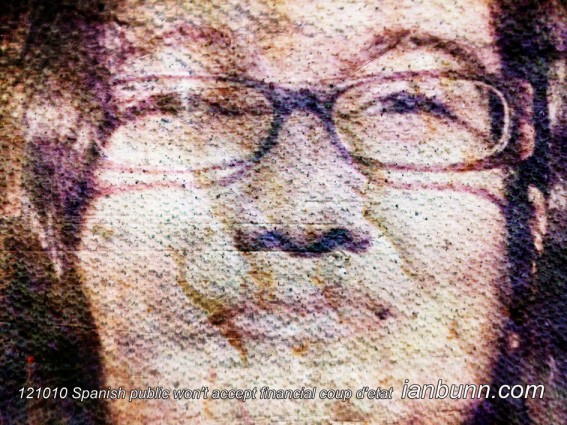 Venezuela today has serious problems (May 19 2013)
Venezuela today has serious problems (May 19 2013)
Diana Cariboni the 50 year old Argentinean associate editor in chief at the IPS New Service and regional editor of IPS Latin America has published an article on IPS News titled ‘Maduro, Capriles and Wayward Democracy’ stating “When the left was in opposition in Latin America, it never tired of repeating that true democracy was not limited to electing governments at the ballot box. Democracy was also needed in the distribution of rights and riches. Now that self-described leftwing governments predominate in the region, the catch is to make that maxim their political practice. They must fulfill the formality of celebrating clean, fair and transparent elections that produce governments of the majority that do not trample on the minority, nor prevent them from exercising their role of social control. …But the country’s democracy is far from being perfect, and further still from being predictable. …although Maduro and Capriles have both called repeatedly for “peace,” violence has taken over the streets. There have been fatalities, and dozens of people have been injured. Amid the commotion, something has been lost from view: Venezuelan society has long wanted to put an end to decades of apparent democracy, and oil profits for only a few. In the last 15 years, the country has made strides in poverty reduction, and many marginalised people were able to learn to read and write, and gained access to education and health care. They were also empowered to speak up, and to feel that one of their own, someone close to them, represented them in the presidency. But it cannot be forgotten that Venezuela today has serious problems, such as a high crime rate, a weak economy and excessive dependence on oil. If they do not understand the electoral snapshot represented by Sunday’s results, Maduro and Capriles risk riding the roller coaster of setting at odds the two halves of their nation, instead of leading them to a mirror and showing them the need to coexist and understand each other.”
Inspired by Diana Cariboni, IPS News ow.ly/kuDnM Image source Twitter ow.ly/kuDva



